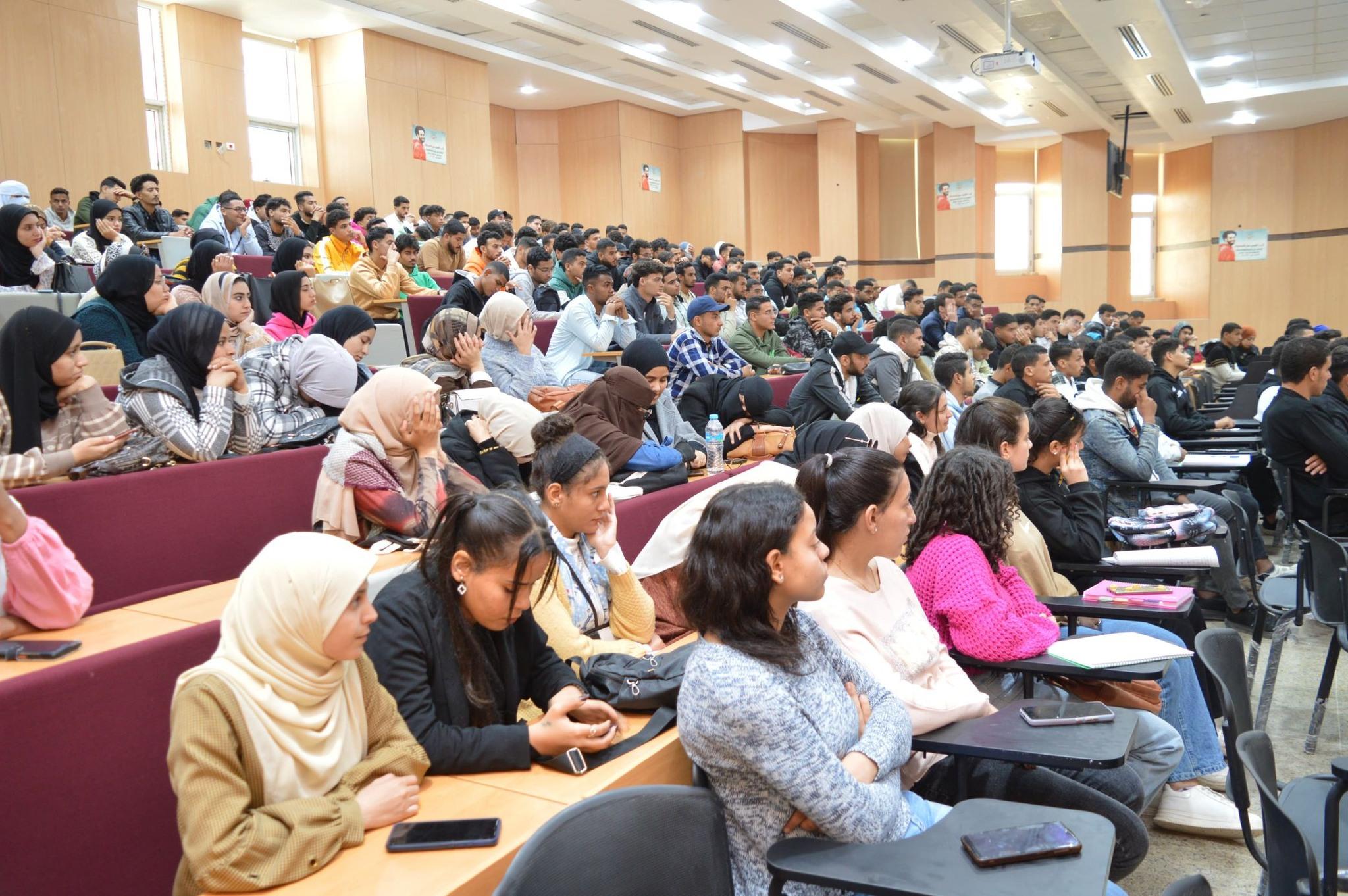China eyes global leadership with its new plan to expedite IPv6 adoption. Viktorija Ratomske, Head of Marketing at IPXO, has shared insights on the likelihood of achieving their goal and the plausible impact on the country and its citizens.
By : Adel Farig
In a bid to stay ahead in the fierce global tech race, China has set a goal of running a single-stack IPv6 network by 2030. To achieve this goal of having a single IPv6 networking stack for the nation, authorities have issued time-specific milestones to relevant agencies and operators within the Chinese jurisdiction.
Most notably, by the end of 2023, no new networks will be allowed to use the IPv4 – signaling dramatic immediate changes across the board. The announcement has raised eyebrows within and outside of China, with global IP stakeholders and Internet infrastructure operators expressing mixed reactions about the move.
Outside of China, Industry observers express uncertainty about the feasibility of the transition without causing major disruptions. Viktorija Ratomske, Head of Marketing at IPXO, a fully automated IP management platform, also echoed this rhetoric.
“Such endeavors would not be plausible in states with liberal internet access. However, when you have a controlled and restricted internet infrastructure as China does, it’s possible to introduce such drastic changes to the country’s network in an expedited manner,” she commented, noting they might run into costly solutions to support the transition. “A successful and rapid shift to IPv6 within such a short period will not come cheap, especially to ensure NAT support from IPv6 to IPv4.”
“The transition should not have too much of an impact on the residents of China, since the renowned great firewall of China already limits access to a lot of external websites like Google, YouTube, and Twitter,” she continued. “As for the country, it could further deepen its dominance in the global tech industry, supporting the massive rollout of the 5G network and the growing use of IoT devices.”
She concluded by outlining that the transition could be a potential stimulus for other countries to spruce up their IPv6 efforts. Experts have been tackling the IPv6 rollout question for more than a decade now, seemingly with no steps taken forward. At the moment, no other nation is advocating for a single-stack IPv6 network, and this could be the spark that encourages other governments to take more concrete actions, as, even though predicted to be implemented by 2026, currently, the world has only around 35 percent IPv6 adoption.














































































